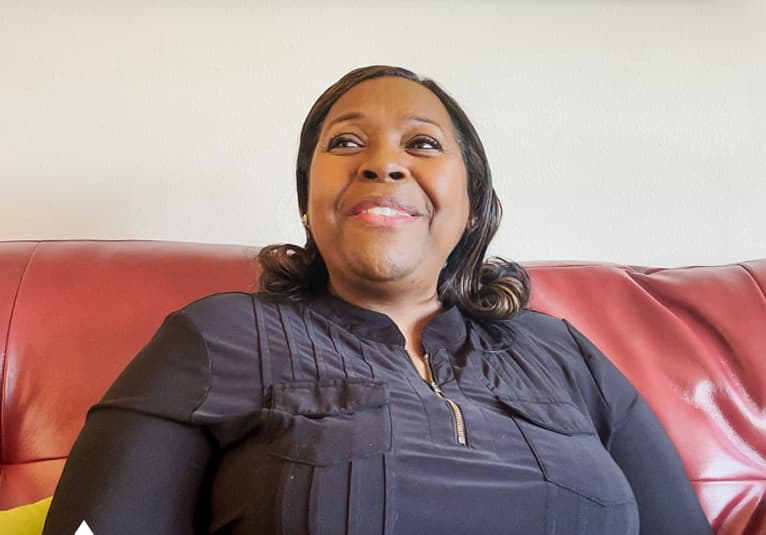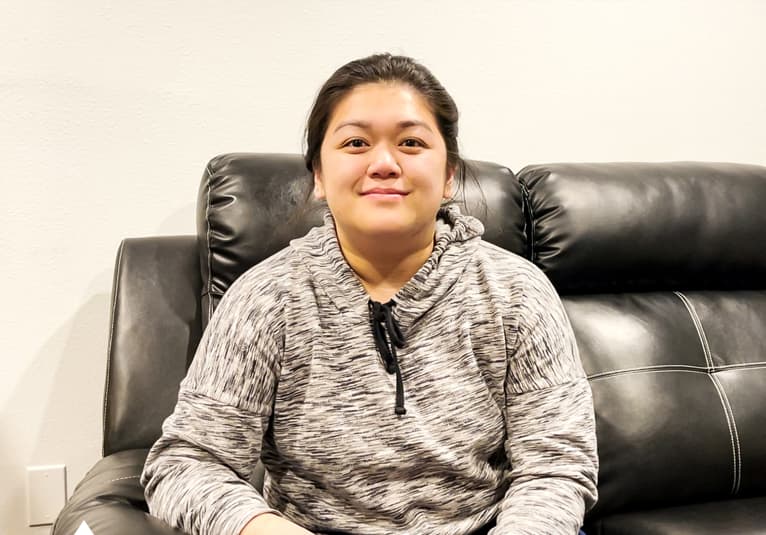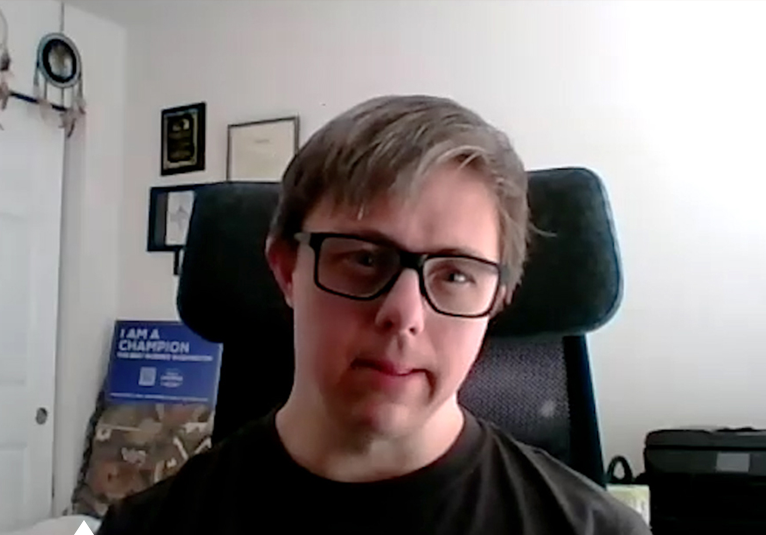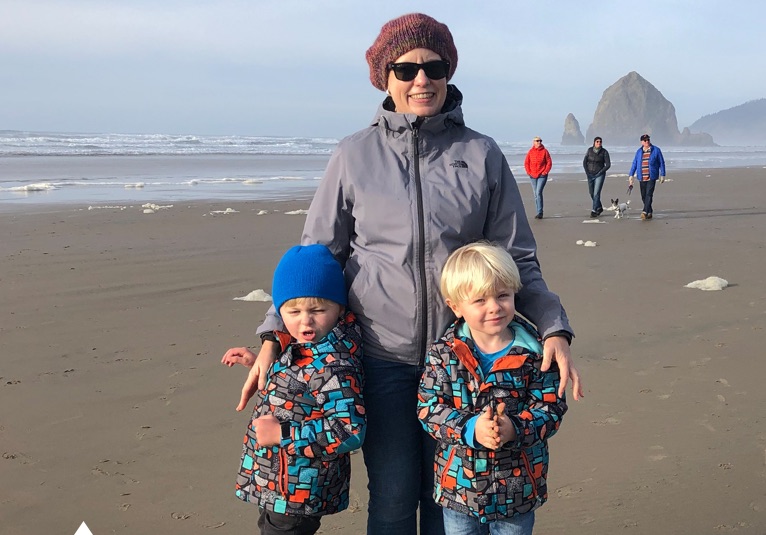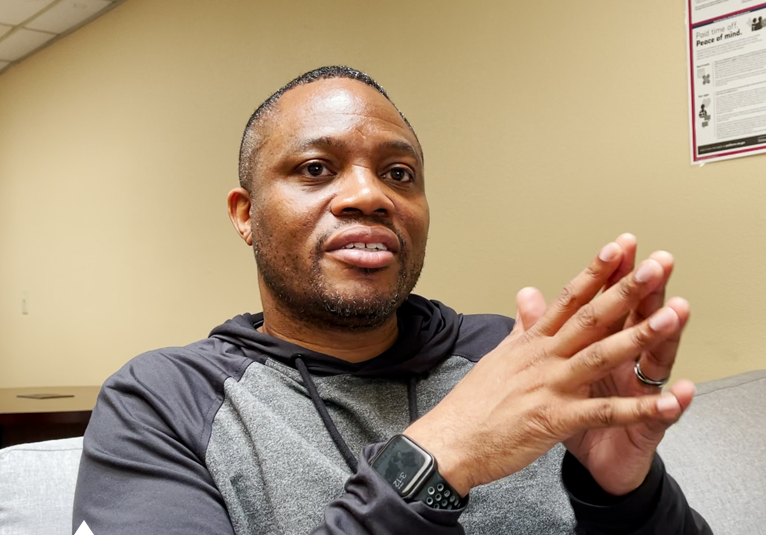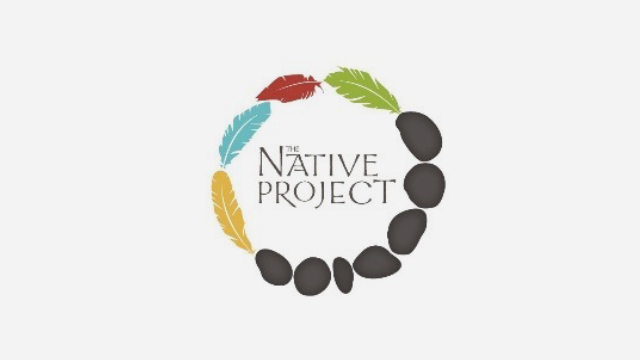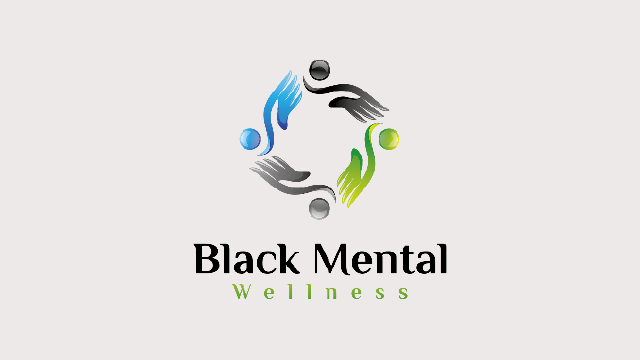Sharon M It does affect you down to your soul.
Meet Sharon.
I think the COVID-19 pandemic, we can put that aside, I would see my mental health was totally stable and strong during that piece, but the racial injustice and inequality piece of the pandemic, yeah, that made me feel some kind of way. And I won’t say I was depressed. I won’t say I was downtrodden.
Being a Black man in America we’re labeled as ignorant, uneducated, ghetto, we can’t swim, all these stereotypes. It definitely puts a chip on my shoulder to defy those labels, to defy those stereotypes and to keep on pushing.
“I would say I was angry. I was sorrowful. I hated to see what I saw. ”
I did think about all seven of my brothers and how I know all seven of them experienced, you know, things with the police in a negative way. So, yeah, people don’t understand that unless you are my color and the color of my brothers and the color of my grandsons, you don’t understand that. And I think this is where other people need to open up their hearts and have
a heart of understanding and wanting to learn and wanting to know.
And I think that was a great thing about the pandemic, the racial pandemic, because I did see people of all different colors walking, marching in support, saying their names.
It does sound like a tall task. I don’t really view it as pressure to me. It’s just motivation to keep on doing my thing and keep on rocking.
“That gave me so much hope for this country. ”
That made me feel better as a person to know that somebody that doesn’t look like me is walking along side of me, walking alongside my granddaughters and my niece that was with me. And that gave me hope.
I couldn’t watch TV as much because it’s something about being an African-American and seeing injustice being meted out to someone else. You feel that you feel what your sisters and brothers are feeling. You cannot extract yourself from that. You can’t say, oh, that doesn’t affect me because that’s not me.
“It does affect you down to your soul. ”
And I don’t know that anybody else can really understand unless you’ve walked in my shoes, you’ve walked in our shoes, as a people. I don’t think you can understand that. But yes, it had a deep impact.
I felt more emboldened to go out and march and to join conversations and to have conversations with people that were uncomfortable, people that said, well, I just don’t understand. And I had to stand up and say, well, this is why. And then tell my brothers stories and tell my nephew stories. And once I think you start to share with people, they understand.
They you know, they start to understand that they’ll never truly understand. But they have a greater appreciation.
And I think when you talk about mental health, I think it’s all about talking. It’s all about, you know, walking in someone’s shoes for a minute, not judging. And I think we have to get away from, you know, saying, oh, well, they shouldn’t feel like that because of this. No, they feel that way.
“We have got to respect where people are. ”
We can’t just say, oh, well, they don’t have a right because people have a right to feel exactly the way they want to feel. And my personal responsibility is to get on their level to find out why they feel that way. And I’m not talking about color issues now. I’m talking about anything, any type of mental health issue that someone is dealing with. They’re dealing with it for a reason. And I may not have any personal experience with that, but it is my responsibility to listen and understand and then
see what type of support I can offer.

